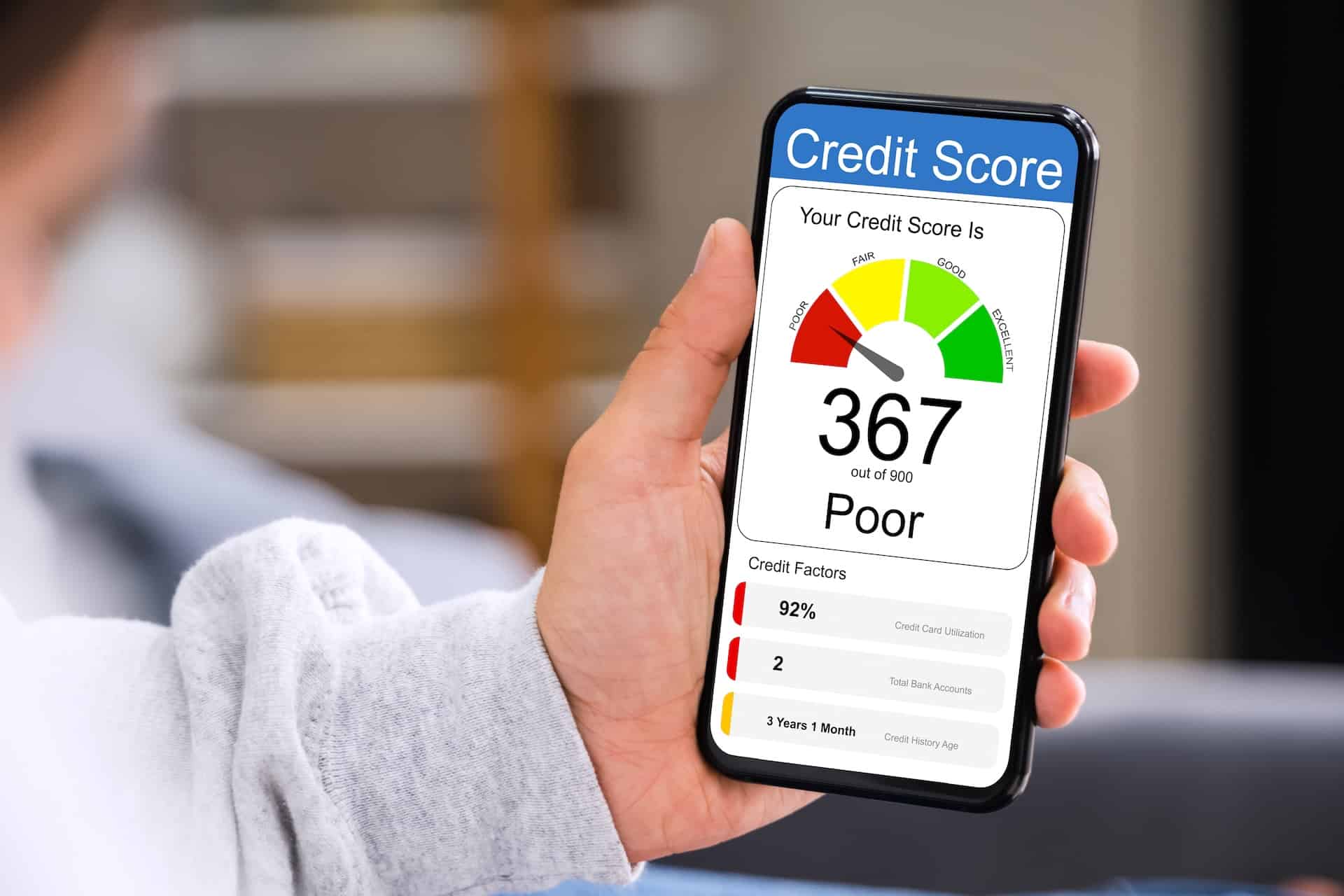Credit Sesame’s personal finance weekly news roundup October 8, 2022. Stories, news, politics and events impacting the personal finance sector during the last week.
- Job market still growing but at a calmer pace
- Stocks suffer worst September since 2002
- Student loan relief just got a little more restrictive
- Personal spending recovered in August
- Job openings fall to lowest level in 14 months
- Oil production cuts could fuel inflation
- Conference Board finds 96% chance of recession
- Mortgage rates break streak of weekly increases
- U.S. trade deficit declines for fifth straight month
1. Job market still growing but at a calmer pace
The Bureau of Labor Statistics employment report for September showed the slowest job growth in over a year. 263,000 new jobs were filled during the month. The unemployment rate dropped to 3.5%, matching its 50-year low. The labor force participation rate was unchanged at 62.3%. That participation rate is still 1.1% below its pre-pandemic level, though it has improved in recent months. See full report at BLS.gov.
2. Stocks suffer worst September since 2002
Stocks had a rough month in September. The S&P 500 was down by 9.34%, while the Dow Jones Industrial Average lost 8.84%. In each case, that was the worst September for those stock indexes since the bear market of 2002. The Nasdaq Composite fell by 10.4%, which was its worst September since 2008. On an optimistic note, an analysis of historical returns by Dow Jones Market Data found that in the past the S&P 500 has usually had a slightly better-than-average October following Septembers when it has lost 7% or more. Read full article at Barrons.com.
3. Student loan relief just got a little more restrictive
The Department of Education just released a clarification about qualification for federal student loan relief. The new guidance makes a distinction between federal loans that are held directly by the Department of Education and those held by private lenders. All along, the student loan debt relief program has applied only to loans held directly by the Department of Education. However, the Department of Education initially indicated that borrowers with privately-held federal loans could get relief by consolidating their loans into the direct loan program. Now, the new guidance says privately-held loans will only qualify if the borrower applied to consolidate them into the direct loan program prior to September 29, 2022. See full article at Yahoo.com.
4. Personal spending recovered in August
New data from the Bureau of Economic Analysis (BEA) showed that personal spending grew by 0.4% in August, and by 0.1% when adjusted for inflation. This was a mild comeback for consumer spending after it shrunk by the same inflation-adjusted 0.1% amount in July. A return to spending growth helps ease recession fears, at least for the time being. However, the economy’s other big concern, inflation, remained prominent in the same BEA report. The Personal Consumption Expenditures Price Index increased in August after falling in July. Core inflation was especially strong in August. See full release at BEA.gov.
5. Job openings fall to lowest level in 14 months
The number of job openings decreased by 1.1 million in August, to 10.1 million. Though this remains a high level of job openings by historical standards, it is the lowest since June of last year. An unusually high level of job openings has been cited as a factor in recent inflation. A drop in job openings may help ease wage pressures. However, if the trend towards fewer job openings continues, it may signal that the economy is weakening. See full release at BLS.gov.
6. Oil production cuts could fuel inflation
A group of major oil-producing countries announced plans to drastically cut oil production in an attempt to boost oil prices. OPEC+ is a group including OPEC nations plus other large oil producers. They announced an agreement among group members to cut oil production by a total of 2 billion barrels per day. That represents approximately 2% of global oil consumption. The production cuts are an attempt to revive the price of oil after it has fallen sharply in recent months. Those falling oil prices were the main factor that slowed inflation in July and August. The targeted cut of 2 billion barrels per day may not be what’s actually achieved, since OPEC was already falling short of its production targets. See article at Reuters.com.
7. Conference Board finds 96% chance of recession
The Conference Board, an influential business data research organization, sees a recession as a near certainty. Their statistical model of recession probability now puts the likelihood of a recession within the next 12 months at 96%. The Conference Board cites interest rate increases as a primary reason for the heightened probability of a recession. For full analysis see Conference-Board.org.
8. Mortgage rates break streak of weekly increases
30-year mortgage rates ended a streak of six straight weeks of rises. For the week ending October 6, 30-year rates declined from 6.70% to 6.66%. However, that four-basis point decline brings little relief to would-be home buyers. Over the previous six weeks, mortgage rates had increased by a total of 1.57%. So far in 2022, 30-year mortgage rates are up by a total of 3.55%. See full release at FreddieMac.com.
9. U.S. trade deficit declines for fifth straight month
The national trade deficit declined by 4.3% in August, to $67.4 billion. This was the fifth consecutive month in which the trade deficit declined. However, the decline may be more because of shrinking domestic demand than growing foreign demand for U.S. goods. Both imports and exports declined in August. The trade deficit shrunk because imports dropped at a faster rate than exports. See data release at BEA.gov.




















